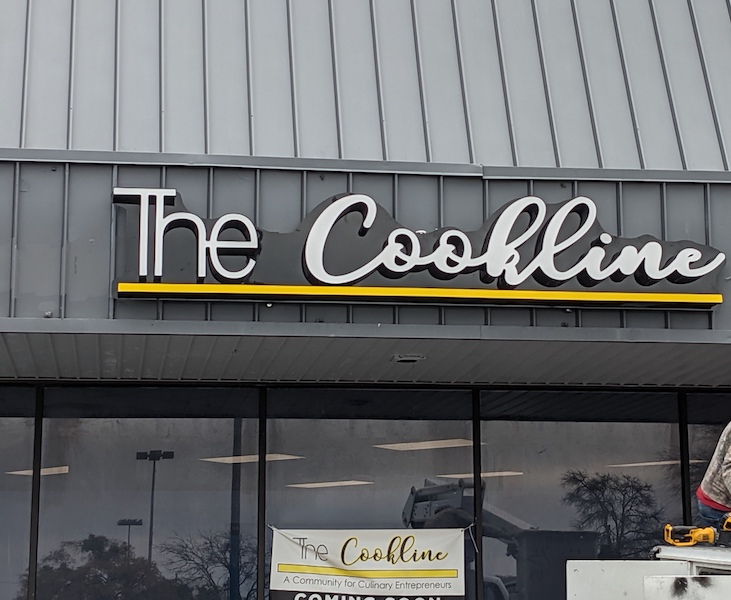Renting vs. Owning: Financial and Logistical Considerations for Chefs
In the culinary world, the decision between renting and owning a kitchen space is significant for chefs at all stages of their career. Both options come with distinct financial and logistical implications. The Cookline, a leader in providing professional kitchen spaces, is here to explore these considerations, helping chefs make an informed choice that aligns with their culinary aspirations and business goals.

Understanding the Financial Implications
- Initial Capital Investment: Owning a kitchen requires a substantial initial investment for purchase and setup, whereas renting usually involves a lower upfront cost.
- Ongoing Expenses: Owning a kitchen means bearing all operating costs, including maintenance, utilities, and insurance. Renting typically consolidates these costs into a regular rental fee, offering more predictable expenses.
Flexibility and Scalability
- Adapting to Business Needs: Renting offers flexibility, allowing chefs to scale up or down based on their business needs without being tied to a long-term investment.
- Commitment and Stability: Owning a kitchen provides a sense of stability and long-term commitment, which can be beneficial for established chefs or businesses.
Customization and Control
- Personalization of Space: Owning a kitchen allows chefs to customize the space to their specific needs and preferences. Renting may offer limited options for customization but usually requires less responsibility in terms of upkeep.
- Control Over Operations: Owners have complete control over their kitchen’s operations, design, and usage, while renters must work within the guidelines set by the landlord or rental agreement.
Risk Management and Liability
- Assuming Risks: Owning a kitchen means taking on all associated risks, including property damage and fluctuating market values. Renters transfer many of these risks to the property owner.
- Insurance Considerations: Both options require insurance, but the coverage and costs differ. Owners need comprehensive property insurance, while renters may require less extensive coverage.
Long-Term Financial Prospects
- Asset Accumulation: Owning a kitchen is an investment that can potentially appreciate in value over time.
- Rental as a Short-Term Solution: Renting can be more financially viable in the short term, offering chefs the opportunity to build capital and business stability before considering ownership.
The Role of Location in Your Decision
- Accessibility and Visibility: Location is crucial in the culinary business. Owners must choose their location wisely, while renters might have the option to select prime locations without the long-term commitment.
- Impact on Business Growth: The right location can significantly impact business growth, making it a critical factor in the rent vs. own decision.
Why Choose The Cookline for Your Kitchen Space Needs
- Flexible Rental Options: The Cookline offers a range of rental options to suit different needs, from pop-ups to long-term leases.
- Support and Amenities: We provide fully-equipped kitchens with the necessary amenities, allowing chefs to focus on their culinary creations without worrying about logistical details.
The decision to rent or own a kitchen space is multifaceted, involving various financial and logistical considerations. Chefs need to weigh their current capabilities, future goals, and the nature of their culinary ventures. The Cookline is committed to supporting chefs in this journey, offering flexible kitchen space solutions that cater to diverse needs and ambitions in the culinary world. For more information, give us a call today!
